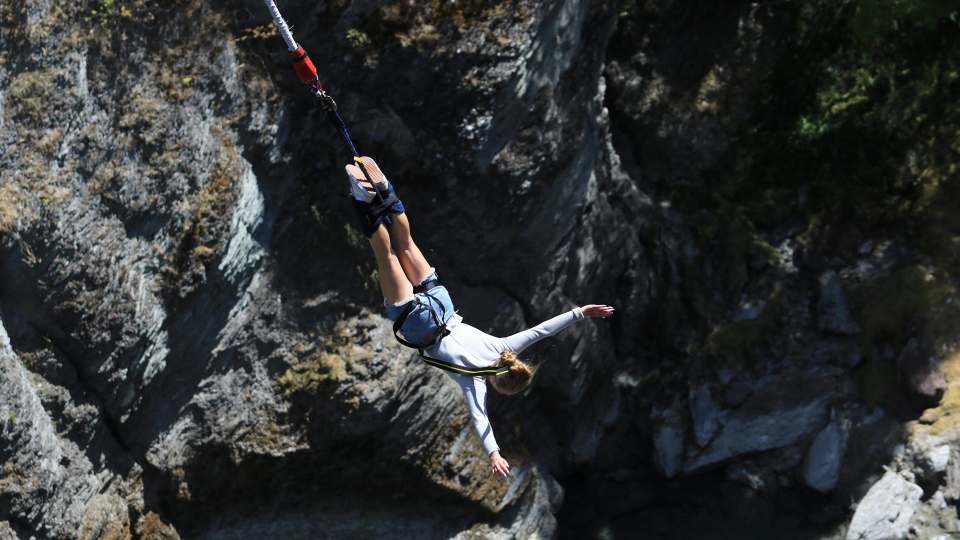When considering starting up a new business, defining your leap of faith assumptions is critical to your ultimate success. Unfortunately, too few entrepreneurs go through the effort of defining and validating them before they invest huge amounts of their time and energy. In fact, many startup entrepreneurs I meet are 100% convinced they have the next great idea for a business. They tell me that “It is so cool, it will be an instant success!” My first question is “How do you know?”
As a small business mentor, I see so many startups willing to risk everything on an untested idea. Since they love their idea, they are positive that everyone who sees it will too.
“It ain’t what you don’t know that gets you into trouble. It’s what you know for sure that just ain’t so.”
Mark Twain
As such, many budding entrepreneurs make huge leap of faith assumptions with little or no validation. A leap of faith by definition is believing in or accepting something without any proof or evidence. These assumptions often feed false conclusions that in turn leads to more assumptions in a vicious cycle.
Example of a Bad Leap of Faith Assumption

Consider the widely held leap of faith assumption that the world was flat in antiquity. This theory precipitated further assumptions-an example being that if you sailed over the horizon, you would fall off the edge of the world. This single false assumption prevented wise men of the day from considering the seas as possible trade routes to new undiscovered lands to the West.
Assumptions Are Not Facts
Facts are concepts that have occurred, been verified, and proven.
Assumptions in contrast, are beliefs that exist without proof.
Entrepreneurs often confuse facts and assumptions. Many founders have beliefs that they take for granted, and therefore never feel a need to prove them as being true or false. This is one of the biggest causes of business failure.
Many entrepreneurs suffer from confirmation bias. In short, confirmation bias is a type of cognitive bias and a systematic error of inductive reasoning, where a person gathers or remember information selectively, or when they interpret it in a biased way. Unfortunately, many startup entrepreneurs suffer from confirmation bias and never test their leap of faith assumptions going in.
Entrepreneurs have to make decisions based on incomplete information every day. While many of their conclusions initially appear plausible on many levels, their conclusions often turn out to be incorrect in the long term. Treating a conclusion as a fact that needs no verification, when it is simply an assumption based on available evidence is a recipe for business failure.
Testing leap of faith assumptions and not treating your conclusions as proven facts is what separates the successful entrepreneurs from the unsuccessful ones. When treating conclusions as assumptions that need further verification, the successful entrepreneur continues to collect more information and is willing to change his conclusions in light of new information.
When it comes to your business, your leap of faith assumptions needs to be identified, documented and methodically tested to prove their validity. This is especially true when it comes to how customers will value your product or service. Creating a three-page website to validate a consumer’s willingness to exchange money for your offering is one example of testing a leap of faith assumption.
If a leap of faith assumption proves to be false, the business will need to pivot or risk spending money and effort on an outcome it cannot realistically achieve.
Do you have a plan to test your leap of faith assumptions?












